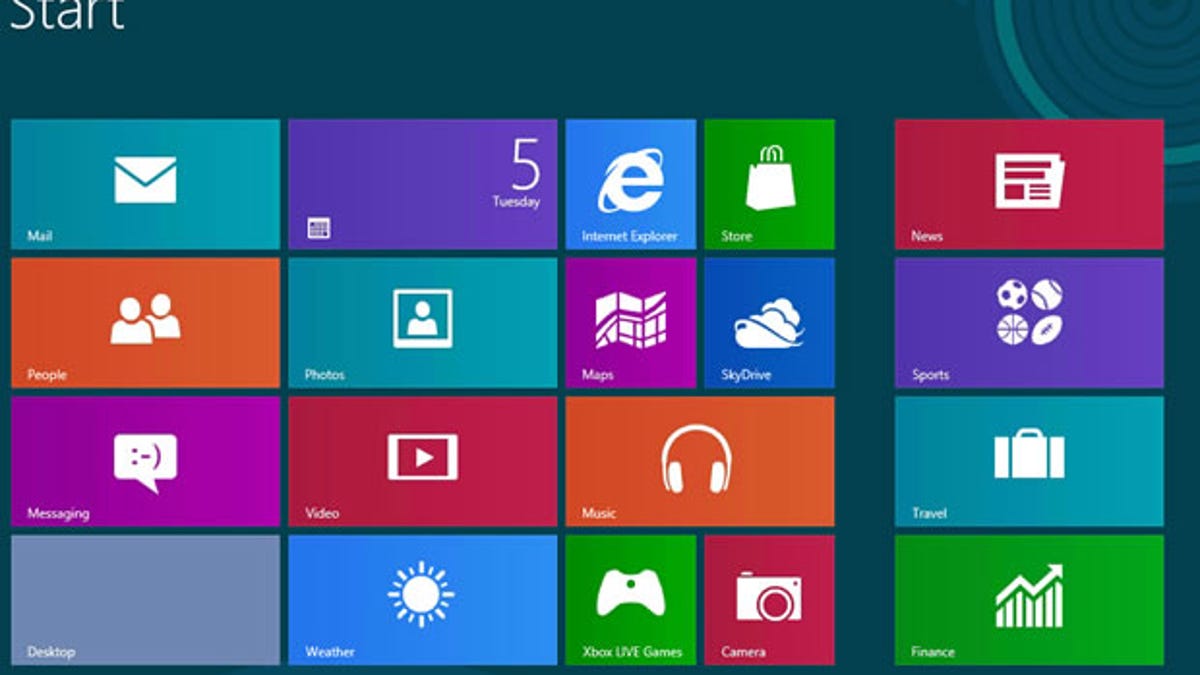Windows RT faces a host of hurdles, says analyst
The new flavor of Windows 8 designed for ARM-based devices will make little dent in the market, at least for a while, says a J.P. Morgan analyst.

Windows RT won't provide much of a kick for Windows 8 tablets and PCs over the foreseeable future.
At least, that's the outlook from J.P. Morgan analyst Mark Moskowitz.
In an investors note out today, Moskowitz said that Windows RT may be an interesting long-term bet. But several challenges await.
The Windows 8 version cooked up for ARM-based processors faces a lagging ecosystem, Moskowitz said, which means a lack of compatible apps and hardware devices and limited backward compatibility with existing applications.
ARM also faces competitive pressures from Intel, which is pushing its x86-based ultrabooks and other Windows 8 PCs. In the performance arena, ARM devices can't match the power of x86 devices. Finally, Windows consumers are likely to be confused by the array of different devices and OS alternatives.
Reflecting on this week's Computex trade show in Taiwan, the analyst came away with a slight negative impression of Windows RT, especially compared with x86 devices.
"Only one OEM-based Windows RT capable device, the Asus tablet 300, was at the show," Moskowitz wrote. "Acer commented that it plans to release its Windows RT devices in early 2013. Meanwhile, there were plentiful Windows 8 PCs and tablets on display."
As a result, any widespread adoption of Windows RT won't happen in the near or mid term, according to the analyst. However, the long-term picture may hold promise.
"The Windows RT ecosystem needs time to mature, both from a Microsoft and third-party software vendor perspective," Moskowitz said. "After a few iterations, we expect ARM microprocessors to start penetrating PCs in the 2013-2014 timeframe. Meanwhile, we think that penetration of the server market is more than three years away."
Microsoft has already stirred up at least one hornet's nest over Windows RT.
Limited to running just Metro apps, Windows RT will allow only Microsoft's Internet Explorer browser to take full advantage of the environment. Competing browsers such as Firefox and Chrome will essentially be hobbled, a notion that has upset browser makers and poses potential antitrust issues for Microsoft itself.

